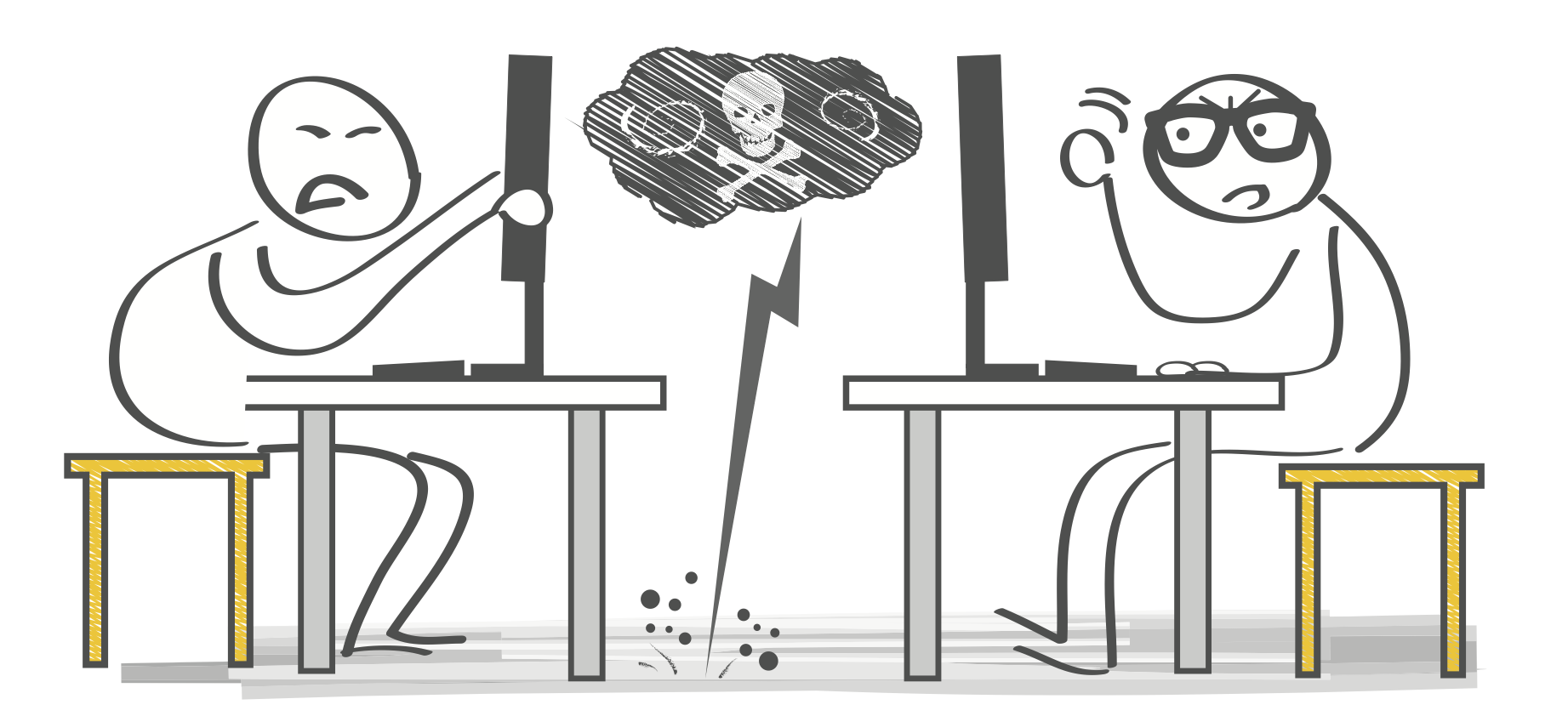This post appears in the Special Issue on Countering Hate and Violent Extremism of the Peace Science Digest in collaboration with Thought Partnerships.
Moonshot is a global social enterprise working to end online harms, applying evidence, ethics, and human rights to this endeavor. We design new methodologies and technologies to respond effectively to harms that threaten public safety, including violent extremism, gender-based violence, disinformation, online child sexual exploitation and abuse (CSEA), and organized crime. Rather than making assumptions about people based on who they are or where they live, we focus on online behaviors that can indicate possible risk or harm—e.g., searches for violent extremist material or comments supporting dangerous conspiracy theories. Using publicly available and anonymized data, we assess the likely risk of the “what,” rather than the perceived risk of the “who.”
The distinctions commonly drawn between “online” activity and “the real world” often underestimate the influence and impact of digital interactions. Online discourse frequently gives rise to offline action—including violence. We need to take seriously the safeguarding of digital public spaces in the same way we protect offline spaces.
Moonshot’s methodologies are premised on the notion that individuals’ online search behavior can represent both a risk and an opportunity. While they risk being exposed to harmful online material, there is also an opportunity to challenge dangerous beliefs by offering relevant, alternative viewpoints. In practice, this entails targeted online engagement with at-risk audiences through digital campaigns and online interventions programs offering tailored support to those in need. We work closely with partners around the world to ensure local expertise is embedded in each approach—for instance, our online interventions programs connect vulnerable people with local support services online. Our programs benefit from multi-disciplinary perspectives across our specialized team of subject matter experts, mental health practitioners, software engineers, data analysts, and former law enforcement officers. Our work is underpinned by the belief that people can change; empathy and compassion are key tenets of our efforts to help safeguard against online harms.
Author
Meghan Conroy, Analyst at Moonshot
Editorial note: Research to Action posts highlight the ways that individuals and organizations use academic research to inform their program design and implementation. By showcasing real-life examples of how research informs action, we demonstrate how to bridge the gap between research and practice.
Photo credit: Trueffelpix

